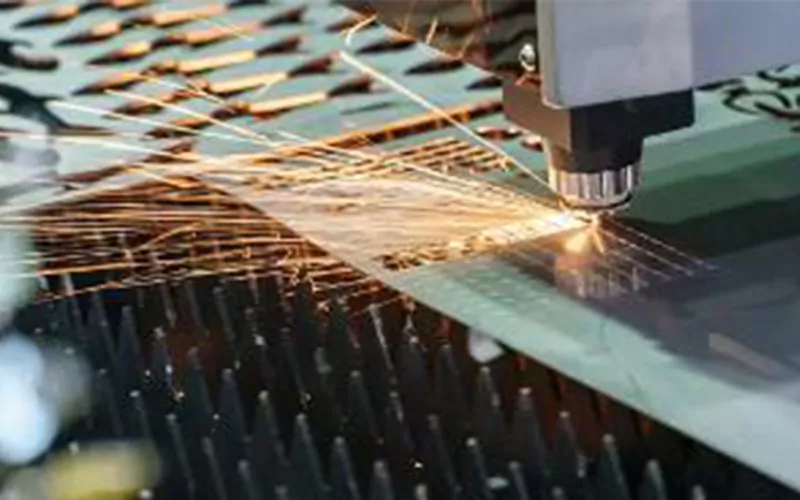When it comes to metal fabrication, CNC (Computer Numerical Control) technology has revolutionized the way various industries approach the manufacturing process. The precision, efficiency, and flexibility offered by CNC metal fabrication have made it an indispensable tool in industries such as aerospace, automotive, electronics, and more. In this article, we will delve into the numerous advantages that CNC metal fabrication brings to these diverse industries.
Precision and Accuracy
One of the primary advantages of CNC metal fabrication is the unparalleled precision and accuracy it offers. With the ability to program intricate designs and geometries into the CNC machine, manufacturers can consistently produce high-quality metal components with tight tolerances. This level of precision is crucial in industries such as aerospace and medical, where the slightest deviation can have significant consequences.
Efficiency and Productivity
Another key advantage of CNC metal fabrication is the efficiency and productivity it brings to the manufacturing process. Unlike traditional manual methods, CNC machines can operate continuously, 24/7, with minimal human intervention. This not only speeds up production but also reduces the likelihood of errors and rework. As a result, industries can meet tight deadlines and handle large-scale production runs with ease.
Flexibility and Customization
CNC metal fabrication offers unparalleled flexibility and customization options for industries that require diverse and complex metal components. Whether it's creating prototypes, small batches, or large-scale production runs, CNC machines can adapt to varying design requirements with ease. This flexibility allows industries to innovate and respond to changing market demands quickly, giving them a competitive edge in their respective fields.
Cost-Effectiveness and Waste Reduction
From a financial standpoint, CNC metal fabrication proves to be cost-effective in the long run. While the initial investment in CNC machines and programming may be substantial, the reduced labor costs, minimal material wastage, and lower error rates ultimately lead to significant cost savings. Additionally, the ability to recycle and repurpose metal scraps further contributes to waste reduction and environmental sustainability, aligning with the global push for greener manufacturing practices.
In conclusion, the advantages of cnc metal fabrication in various industries are undeniable. The precision, efficiency, flexibility, and cost-effectiveness it offers make it an indispensable tool for manufacturers across the globe. As technology continues to advance, we can expect CNC metal fabrication to further evolve, pushing the boundaries of what is possible in metal manufacturing.
